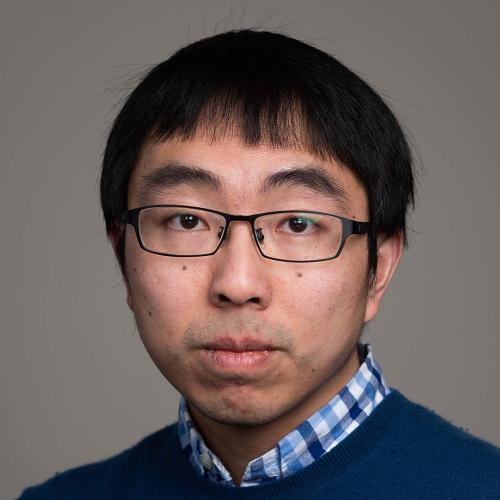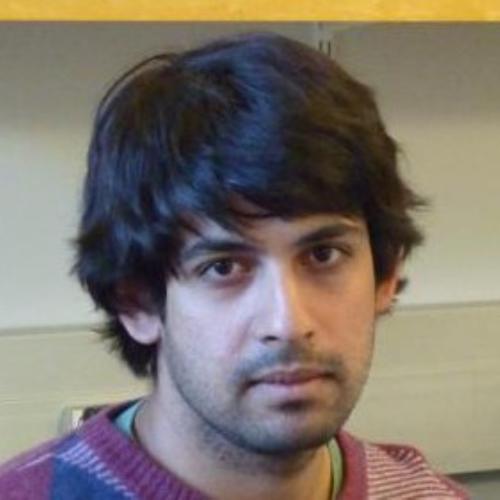
Two of the three new Turing Fellows appointed from the University of Oxford by The Alan Turing Institute this year are LMH Tutorial Fellows.
Professor Xiaowen Dong, Tutor and Fellow in Engineering and Professor Varun Kanade, Tutor and Fellow in Computer Science, join a cohort of 51 new Turing Fellows who will contribute towards growing the research capacity of The Alan Turing Institute. Professor Noa Zilberman, also a member of the University of Oxford’s Department of Engineering Science, was the third Oxford academic appointed as a Turing Fellow this year.
The Alan Turing Institute is the national institute for data science and artificial intelligence, whose purpose is to further data science and artificial intelligence research to tackle societal challenges. The Turing Fellowship Scheme aims to develop the data science and AI ecosystem in the UK by supporting, retaining and developing the careers of the next generation of world-leading researchers.
Announcing the 51 new Turing Fellows, Professor Mark Girolami, Chief Scientist at The Alan Turing Institute, said: “I’m delighted to welcome a new cohort of Turing Fellows, brought to us from across our University Network in recognition of their status as the next generation of world-leading researchers in the data sciences, AI and related fields. I’m very much looking forward to seeing the immense value they will add to our diverse and vibrant science and innovation community, including playing a critical role in the delivery of the Turing’s strategy as we strive to change the world for the better through data science and AI.”
Read more about Professor Dong and Professor Kanade below.

Professor Xiaowen Dong
Professor Dong’s research interests lie at the intersection of signal processing, machine learning, and network science. A key focus is developing approaches to use graphs as mathematical tools to model relationships and structures within complex, real-world datasets. Through applying these graph-based data processing techniques, his work has generated new insights towards understanding human social interactions and collective behaviour, as well as the implications for building sustainable social and urban communities.
Of his appointment as a Turing Fellow, Professor Dong said:
“I am delighted and honoured to be awarded a Turing Fellowship. This will enable me to interact with the multidisciplinary community at the Turing in developing novel data-centric solutions to address important societal challenges.”
Professor Varun Kanade
Professor Kanade’s research is based in the foundations of machine learning, with a focus on optimisation algorithms for learning, as well as statistical and computational learning theory. His recent work has included deep learning with a focus on adversarial examples (malicious inputs designed to cause a machine learning model to make errors), as well as foundation models and their algorithmic properties. Professor Kanade is also interested in research that uses computer science as a lens to study the natural sciences, particularly relating to biological evolution and neuroscience.
Professor Kanade is looking forward to the collaborative opportunities being a Turing Fellow will bring, saying:
“The Turing Fellowship will allow me to focus on the theoretical questions at the heart of foundation models, as well as collaborate with researchers in the Turing networks regarding algorithmic questions that arise from the focus on privacy, interpretability, fairness and truthfulness of these models.”
